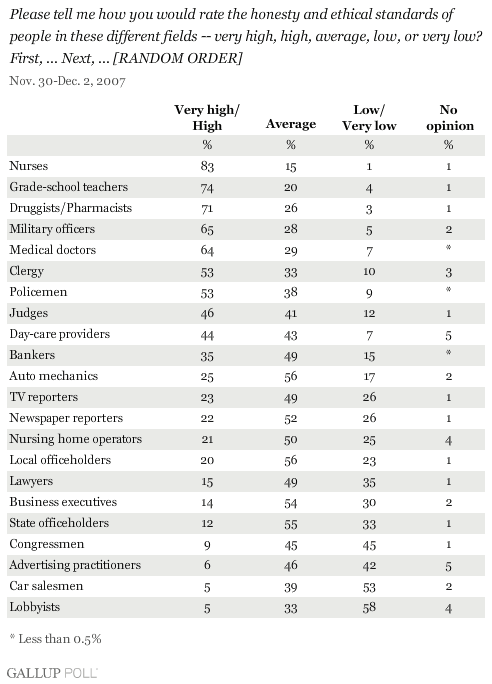By H. JOSEF HEBERT, Associated Press Writer
1 hour, 6 minutes ago
WASHINGTON - The Senate passed a trimmed-back energy bill Thursday that would bring higher-gas mileage cars and SUVs into showrooms in the coming decade and fill their tanks with ethanol.
The measure was approved with strong bipartisan support 86-8 after Democrats abandoned efforts to impose billions of dollars in new taxes on the biggest oil companies, unable by one vote to overcome a Republican filibuster against the new taxes.
The bill now goes to the House, where a vote is expected next week. The White House issued a statement saying President Bush will sign the legislation if it reaches his desk, as is expected. Bush had promised a veto if the oil industry taxes were not removed.
The bill calls for the first major increase by Congress in required automobile fuel efficiency in 32 years, something the auto companies have fought for two decades.
The car companies will have to achieve an industrywide average 35 mile per gallon for cars, small trucks and SUVs over the next 13 years, an increase of 10 mpg over what the entire fleet averages today.
And it would boost use of ethanol to 36 billion gallons a year by 2022, a nearly sixfold increase, and impose an array of new requirements to promote efficiency in appliances, lighting and buildings.
This bill "will begin to reverse our addiction to oil. It's a step to fight global warming," said Majority Leader Harry Reid of Nevada.
The increased auto efficiency by 2020 will save 1.1 million barrels of oil a day, equal to half the oil now imported from the Persian Gulf, save consumers $22 billion at the pump, and reduce annual greenhouse gases emissions by 200 million tons, said Sen. Daniel Inouye, D-Hawaii., whose committee crafted the measure.
"It demonstrates to the world that America is a leader in fighting global warming," he said.
Sen. Carl Levin, D-Mich., a longtime protector of the auto industry that is so important to his state, called the fuel economy measure "ambitious but achievable."
For consumers, the legislation will mean that over the next dozen years auto companies will likely build more diesel-powered SUVs and gas-electric hybrid cars as well as vehicles that can run on 85 percent ethanol. They will push engineers to develop new technologies to save fuel.
"Automakers can meet the new standards with today's technology," said David Friedman, research director at the Union of Concerned Scientists Clean Vehicle Program. "Cars and trucks will be the same size and perform the same way they do today."
But they may be using a different fuel.
The energy legislation would require that ethanol use as a motor fuel be ramped up at an unprecedented pace to 36 billion gallons a year by 2022. And at least 21 billion gallons will have to be ethanol from feedstock other than corn such as prairie grasses, switchgrass and wood chips.
About 6.5 billion gallons of ethanol were expected to be used as a gasoline additive this year, according to the Renewable Fuels Association, which represents ethanol producers.
The legislation also would increase energy efficiency requirements for appliances and federal and commercial buildings and require faster approval of federal energy efficiency standards.
These measures, said Sen. Jeff Bingaman, D-N.M., "will eventually save more energy than all our previous energy efficiency measures combined."
Tax breaks for a wide range of clean energy industries, including wind, solar, biomass and carbon capture from coal plants, were part of the tax package that was dropped. Senate Democrats earlier also abandoned a House-passed provision that would have required investor-owned utilities nationwide to generate 15 percent of their electricity from solar, wind and other renewable sources.
While many environmentalists viewed almost certain approval of the automobile fuel economy increase as a major victory, some were critical Thursday of the Democrats' inability to push through taxes on major oil companies, which have been making huge profits in recent years.
"The Senate Democrats should show some backbone," said Brent Blackwelder, president of Friends of the Earth. "If Republicans want to block progress on clean energy and global warming, they should be forced to mount a real filibuster — for weeks if necessary."
Republicans had made it clear they would require the Democrats to find 60 votes on the oil taxes and the White House had said repeatedly the $13.5 billion in taxes on the five largest oil companies over 10 years would assure a veto.
On the 59-40 vote that failed to overcome a GOP filibuster, Sen. Mary Landrieu, D-La., whose state's economy is dominated by oil and energy activities, was the only Democrat to break ranks. Nine Republicans supported the tax measures.
The White House has said the taxes would lead to higher energy costs and unfairly single out the oil industry for punishment. A Democratic analysis showed that the $13.5 billion over 10 years amounted to 1.1 percent of the net profits that five largest oil companies would be expected to earn given today's oil prices.
(http://news.yahoo.com)
